The Amazon Physical Science Fellowship was developed to foster collaboration between Amazon and the physics community for the purpose of accelerating the time from fundamental discovery to real-world application. More than 2,000 physics professors from around the world were invited to identify game-changing discoveries from the past two decades that could lead to products and services that will positively impact future generations.
These three selected fellows demonstrated an ability to identify scientific results from across the physical sciences with the potential to provide broad, positive impacts to society.
The winners are listed below.
Xiwen Gong
Xiwen Gong, PhD, is an assistant professor of chemical engineering at the University of Michigan, where she focuses on developing the next generation of soft electronic materials and devices by utilizing a transdisciplinary approach that unites physics, chemistry, and engineering.
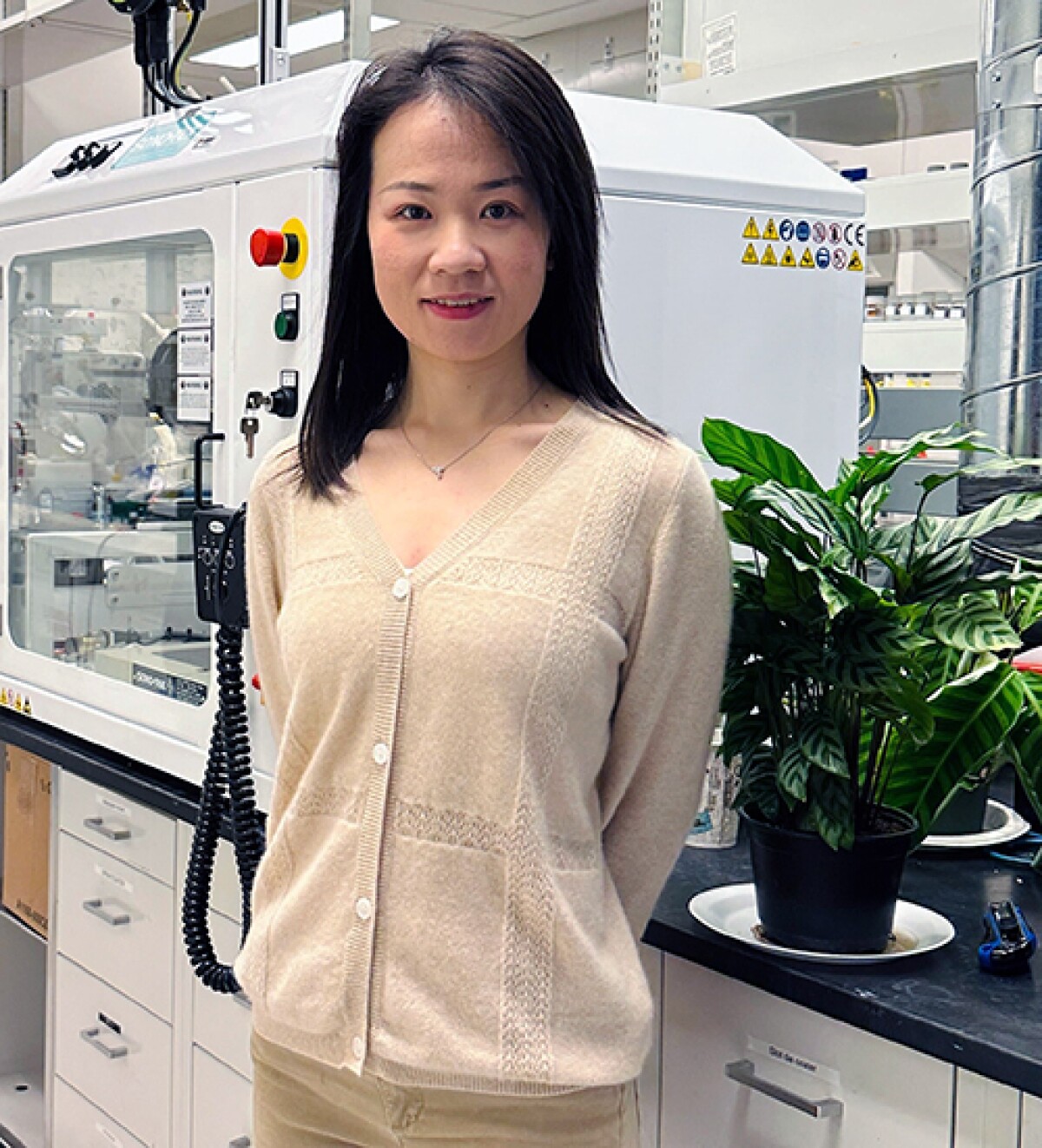
Before joining the University of Michigan, Gong — who is also by courtesy an assistant professor of electrical and computer engineering, materials science and engineering, macromolecular science and engineering, and applied physics — worked as a post-doctoral fellow with Zhenan Bao, the K. K. Lee Professor of Chemical Engineering, at Stanford University’s Department of Chemical Engineering. At Stanford, Gong focused on developing soft and stretchable semiconductors and devices for wearable electronics (inSPIREd Talk). In 2018, Gong earned her PhD in electrical and computer engineering with Edward Sargent, University Professor of electrical and computer engineering, at the University of Toronto. During her PhD studies, Gong focused on the design of novel materials for solar energy harvesting, light emitting, and sensing. Her work has been published in Nature, Nature Materials, Nature Photonics, and other leading science publications. Gong received the Extraordinary Potential Prize and the “Rising Stars in EECS 2017” (Stanford University). In 2018, she was selected as one of the fourteen inaugural Schmidt Science Fellows.
Eric Ma
Eric Y. Ma PhD, is an assistant professor in physics and electrical engineering and computer science and the Georgia Lee Chair in Physics at the University of California, Berkeley. His research focuses on electromagnetic-matter interaction in uncommon regimes.
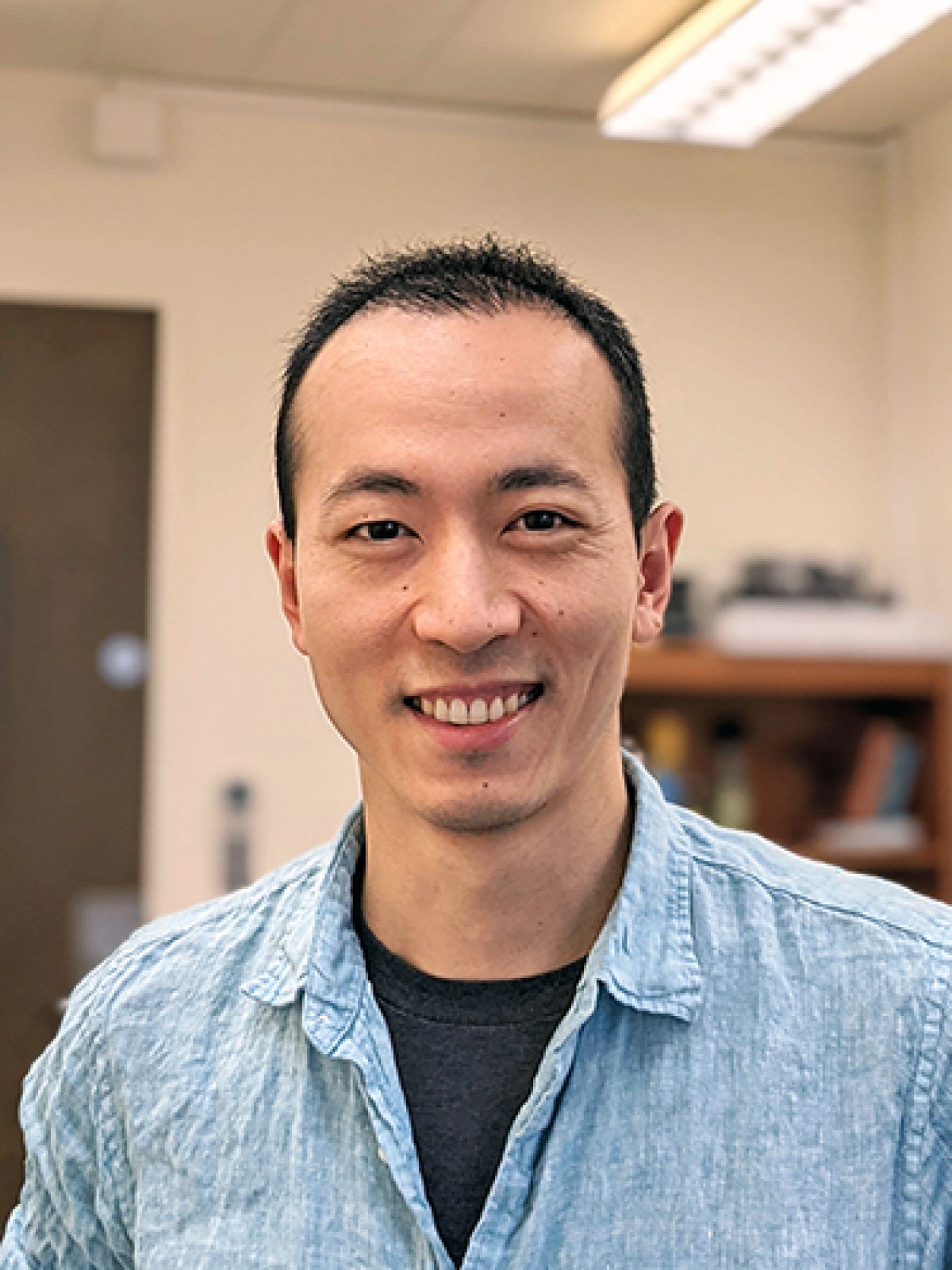
On the one hand, he develops new instruments that use microwave and light to probe the fundamental properties of quantum materials. On the other hand, he creates new devices and structures that use unconventional materials and inverse design to generate, manipulate, and detect electromagnetic fields. His research interests are expansive, though he is particularly excited about beyond-von–Neumann computing and human-computer interface.
Before joining UC Berkeley, Ma earned his PhD in applied physics at Stanford University, where he also conducted postdoc studies in applied physics and electrical engineering. He was also briefly a senior scientist at Apple. Ma is passionate about advancing access to undergraduate research and broadening collaborations between physics and engineering.
Tomas Martin
Tomas Martin, PhD, is senior lecturer in materials physics within the School of Physics at the University of Bristol, and director of the university’s Master of Science in Nuclear Science and Engineering program.

After earning a PhD at Bristol investigating the electronic properties of diamond surfaces, Martin worked in the renewable energy industry as a bank’s engineer on wind and solar power projects around the world, followed by four years as David Cockayne Junior Research Fellow in Materials at the University of Oxford. Martin is editor-in-chief of the scientific journal Materials Today Communications and is a published science fiction author.'
Martin’s research uses advanced microstructural characterization techniques to understand the structure and chemistry of materials for nuclear power plants, semiconductor devices and aerospace. His work aims to take a holistic approach to materials characterization using a combination of experimental techniques and computer modeling to understand the mechanisms behind materials behavior across the length scales, from individual atomic defects to large-scale stresses and chemistry changes in engineering components.
Martin is part of the core academic team running the University of Bristol’s Interface Analysis Centre microscope facility. His research group uses techniques including atom probe tomography, focused ion beam and electron microscopy, complemented by computational modeling, to understand materials degradation challenges such as corrosion, creep and radiation damage. He works with collaborators in many fields of academic research, as well as with industrial partners including EDF Energy, NNL, Rolls Royce and UKAEA.
Below are the Review Board of the Amazon Physical Science Fellowship, a distinguished group from academia and industry.
Review Board members
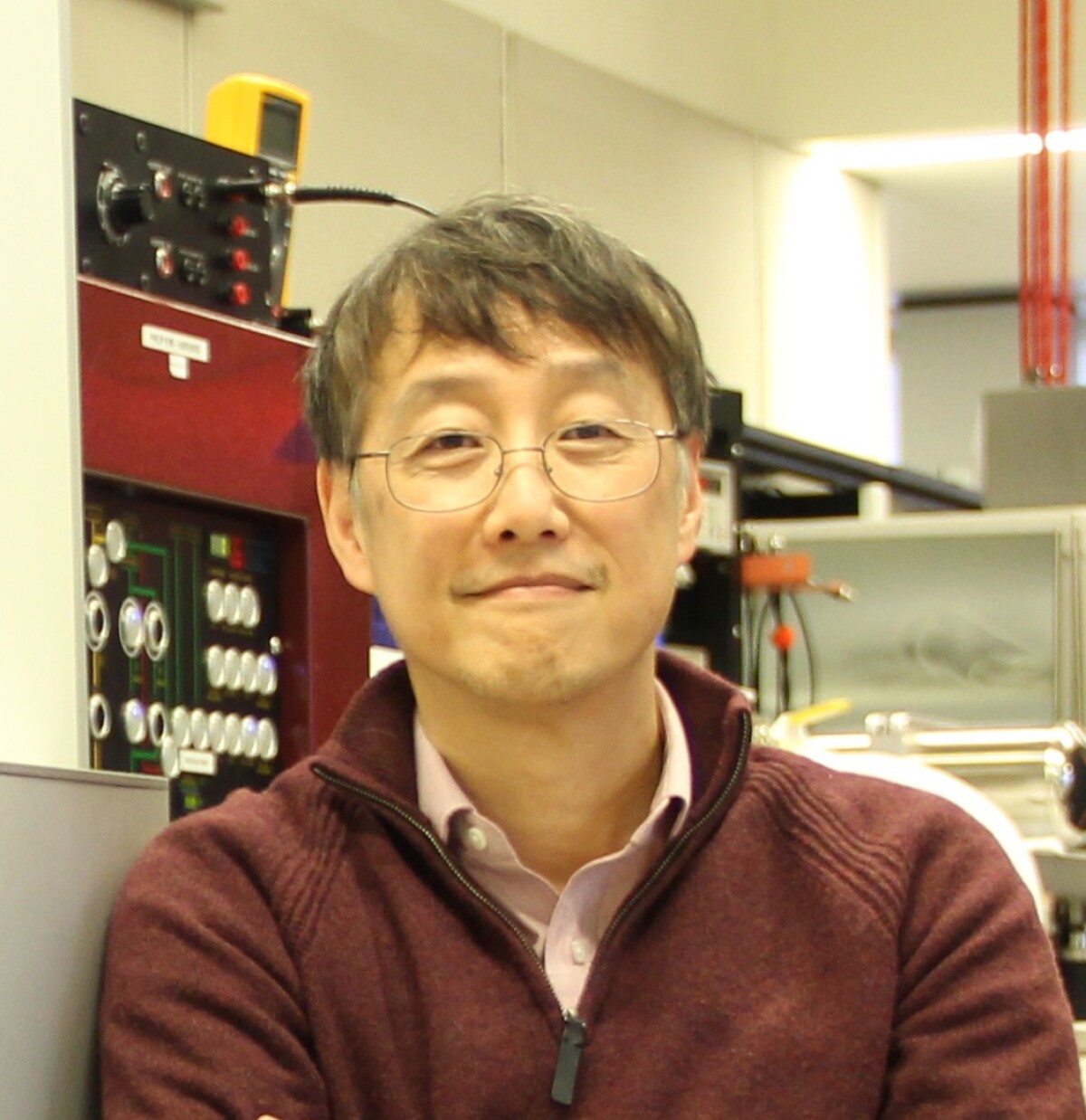
Philip Kim - Professor Philip Kim received his B.S in physics at Seoul National University in 1990 and received his Ph.D. in Applied Physics from Harvard University in 1999. He was Miller Postdoctoral Fellow in Physics from University of California, Berkeley during 1999-2001. He then joined the Department of Physics at Columbia University as a faculty member from 2002-2014. In 2014, he moved to Harvard University, where he is Professor of Physics and Professor of Applied Physics.
The focus of Prof. Kim’s group research is the mesoscopic investigation of transport phenomena, particularly, electric, thermal and thermoelectrical properties of low dimensional nanoscale materials. These materials include carbon nanotubes, organic and inorganic nanowires, 2-dimensional mesoscopic single crystals, and single organic molecules.
Professor Kim also received numerous honors and award including Tomassoni-Chisesi Prizes (2018); Vannevar Bush Faculty Fellowship (2018); Oliver E. Buckley Prize, American Physical Society (2014); Dresden Barkhausen Award (2012); IBM Faculty Award (2009); and Ho-Am Science Prize (2008). He is Elected member of the American Academy of Arts and Science (2020) and American Physical Society Fellow (2007). He graduated 21 PhD students and trained 32 postdoctoral fellows.
Young-Kee Kim - Young-Kee Kim is the Louis Block Distinguished Service Professor of Physics and Senior Advisor to the Provost for Global Scientific Initiatives at the University of Chicago. She is an experimental particle physicist, and devotes much of her research to understanding the origin of mass for fundamental particles.
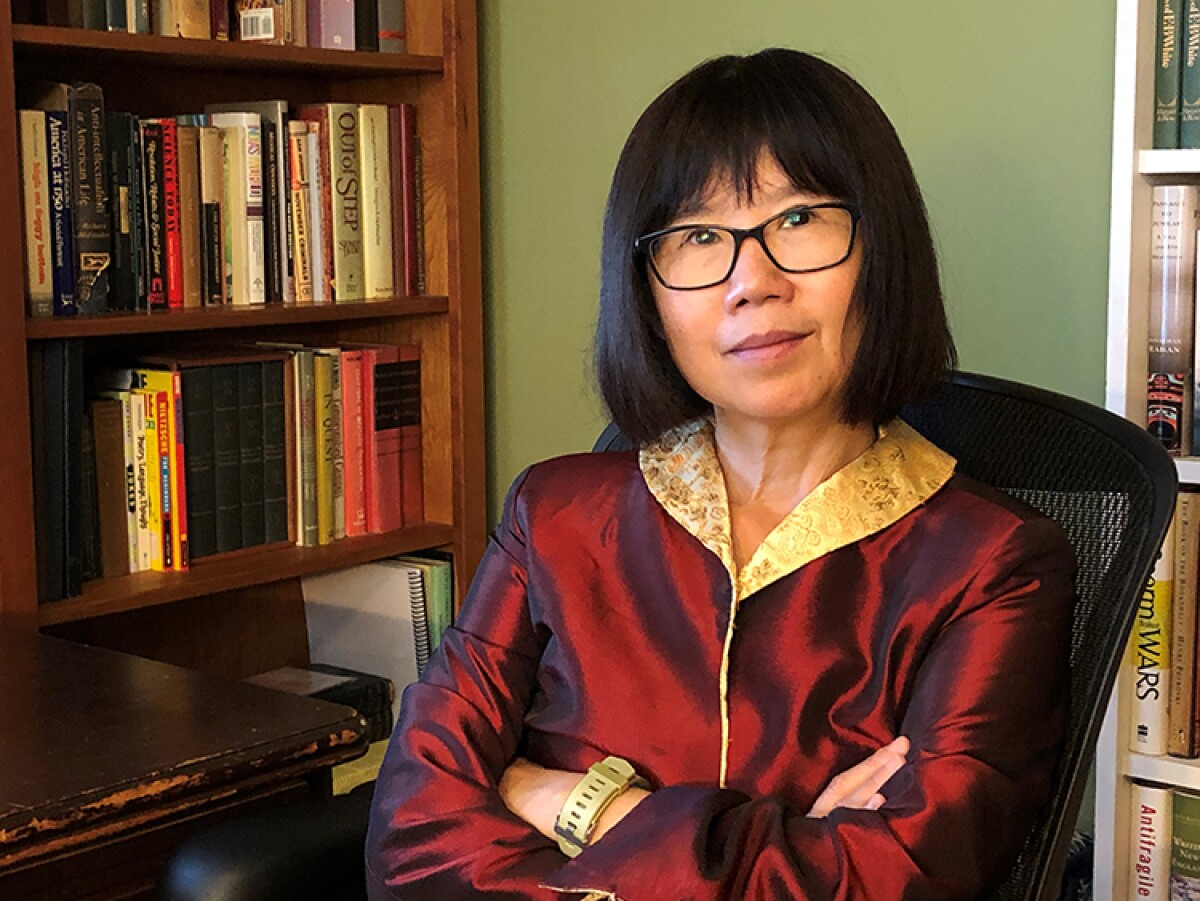
Between 2004 and 2006, she co-led the CDF experiment at Fermilab and was Deputy Director of Fermilab between 2006 and 2013. She is currently working on the ATLAS particle physics experiment at the Large Hadron Collider at CERN as well as on accelerator physics research. Prior to Chicago, Young-Kee Kim was Professor of Physics at University of California, Berkeley. She was born in South Korea, and earned her BS and MS in Physics from Korea University, in 1984 and 1986, respectively, and her Ph.D. in Physics from the University of Rochester in 1990.
She conducted her postdoctoral research at Lawrence Berkeley National Laboratory. Young-Kee is a Fellow of the National Academy of Sciences, the American Academy of Arts and Sciences, the American Physical Society, the American Association for the Advancement of Science, and the Sloan Foundation. She received the Ho-Am Prize, the Women in Science Leadership Award from the Chicago Council of Science and Technology, the University of Rochester’s Distinguished Scholar Medal, and Korea University’s Alumni Award.
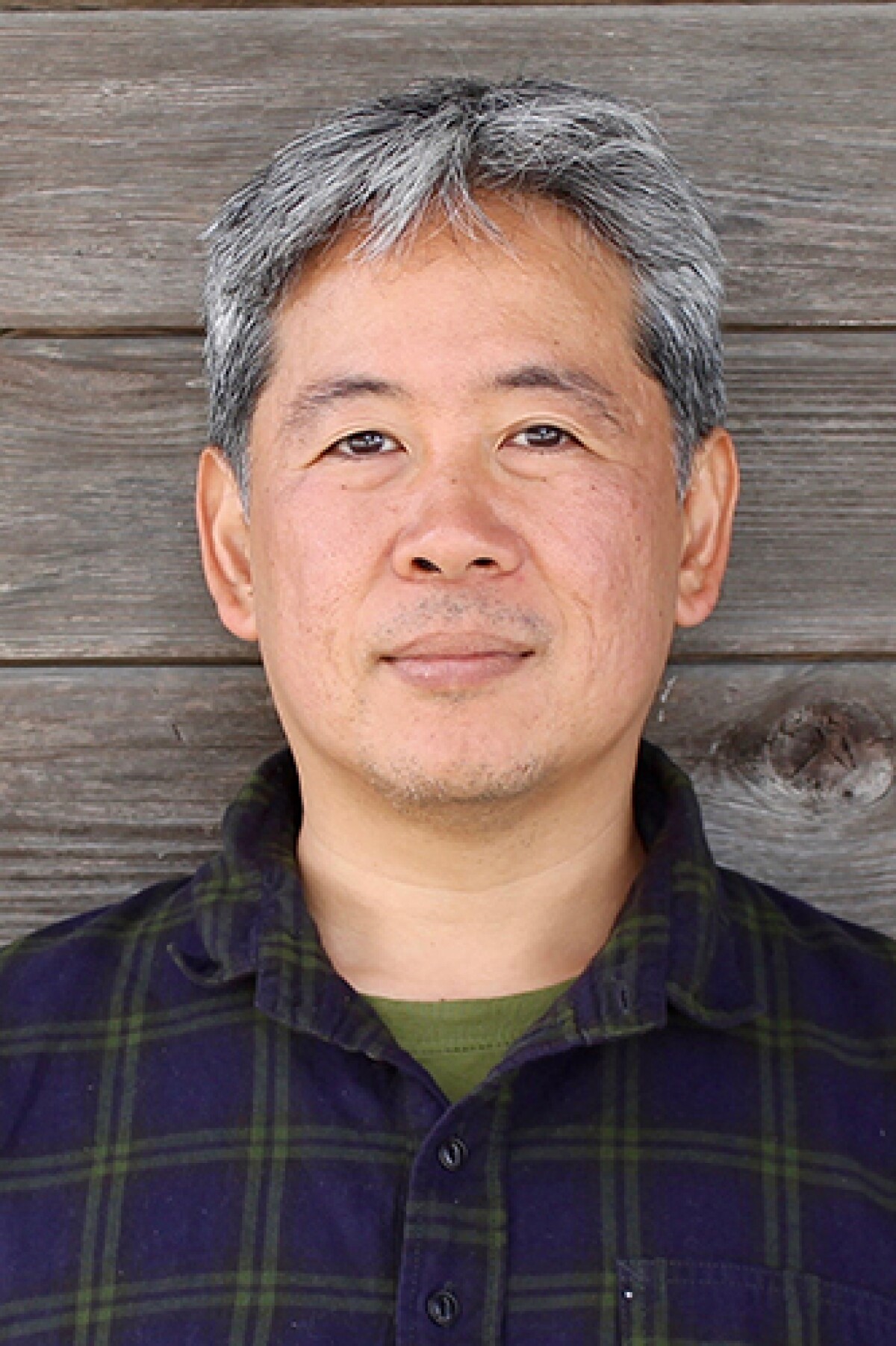
Hideo Mabuchi - Hideo Mabuchi received an AB in Physics from Princeton and a PhD in Physics from Caltech. He served as Chair of the Department of Applied Physics at Stanford from 2010-2016.
His early scientific research was focused on understanding open quantum systems, quantum measurement, and the quantum-to-classical transition. In recent years his research group has turned towards fundamental issues of quantum engineering, such as quantum nonlinear dynamics, quantum feedback control and quantum model reduction. Along the way his group has also worked substantially on single-molecule biophysics, quantum information science, and quantum materials.
Major awards include the inaugural Mohammed Dahleh Distinguished Lectureship (UCSB) and a Fellowship from the John D. and Catherine T. MacArthur Foundation.
Matt McIlwain - Managing Director, Madrona Venture Group - Madrona is a venture capital firm based in Seattle, investing in mainly seed and Series A technology-based companies. For over two decades, the firm has been helping technology entrepreneurs launch and grow world-class companies
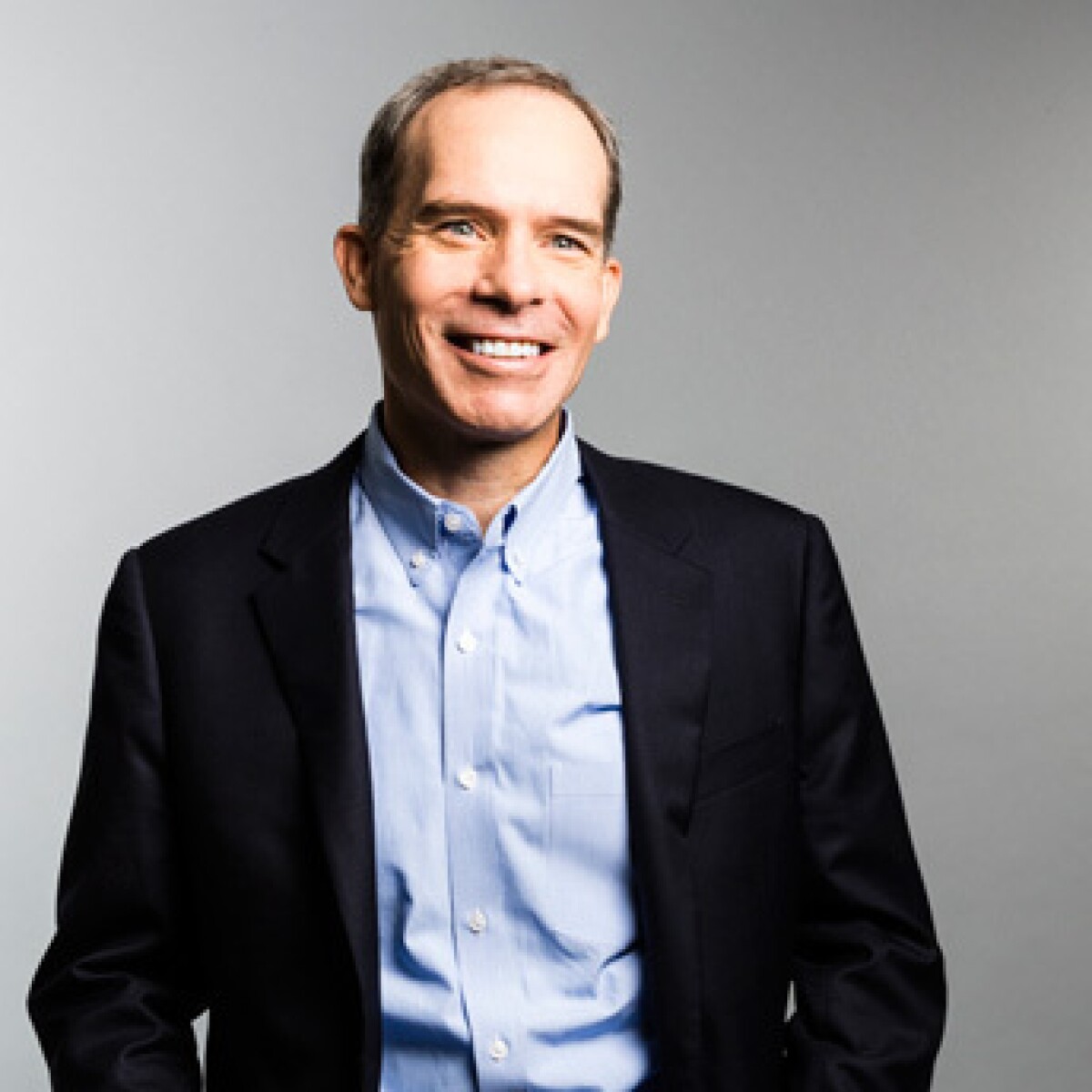
At Madrona, Matt invests in a broad range of software and data driven companies with a focus on cloud computing, dataware, intelligent applications and the intersections of innovation (where life science and data science intersect).
He believes in the Learning Loop for entrepreneurs who journey from curiosity to triangulation and decision making. This leads to positive outcomes and ongoing learnings. Matt has been named several times to the Forbes Midas List and list of Top 100 Venture Capitalists by CB Insights and The New York Times.
He was named Emerging Company Director of the year by the Puget Sound Business Journal. In 2011, he received the Washington Policy Center’s Champion of Freedom Award. Matt is a board member (and previous chair) of Fred Hutchinson Cancer Research Center and a board member of Washington Policy Center.
Matt enjoys going on adventures with his family, discussing public policy issues and trying out new technologies. Matt is a graduate of Dartmouth College and holds an MBA from Harvard Business School and a Master’s in Public Policy from Harvard’s Kennedy School of Government.
José Onuchic - José Onuchic is the Harry C & Olga K Wiess Professor of Physics and Astronomy, Chemistry and Biosciences at Rice University and the co-Director of the NSF-sponsored Center for Theoretical Biological Physics. His research looks at theoretical methods for molecular biophysics and gene networks.
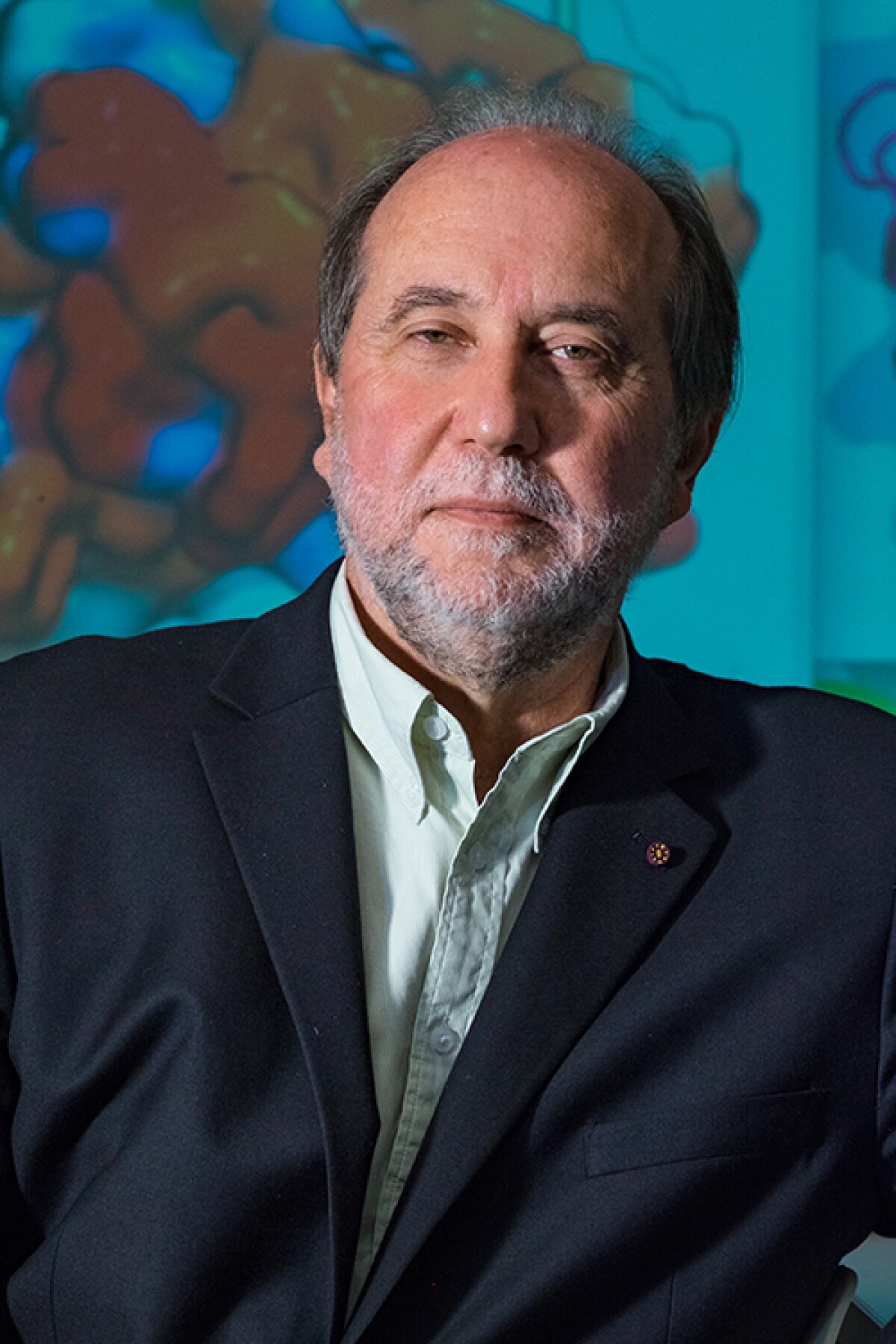
He introduced the concept of protein folding funnels. Energy landscape theory and the funnel concept provide the framework needed to pose and to address the questions of protein folding and function mechanisms. He developed the tunneling pathways concept for electron transfer in proteins. He is also interested in stochastic effects in genetic networks with applications to bacteria decision-making and cancer. Further expanding his ideas coming from energy landscapes for protein folding, his group is now exploring chromatin folding and function and therefore modeling the 3D structure of the genome. He has received much recognition for his achievements. He was elected to the National Academy of Sciences in 2006.
He received the ICTP Prize in honor of Heisenberg in Trieste, Italy (1989) and the Beckman Young Investigator Award (1992). He is a fellow of the American Physical Society (1995), the American Academy of Arts and Sciences (2009), the Brazilian Academy of Sciences (2009), the Biophysical Society (2012) and the American Association for the Advancement of Science (2017). He received the Einstein Professorship by the Chinese Academy of Sciences (2011).
In 2014 he received the Diaspora Prize from the Ministry of Foreign Affairs and the Ministry of Industrial Development and Foreign Trade from Brazil. In 2015 he received The International Union of Biochemistry and Molecular Biology Medal. In 2018 he received National Order of Scientific Merit by the Brazilian National Council in Science and Technology. He received the 2019 American Physical Society’s Max Delbruck Prize in Biological Physics and was elected to Pontifical Academy of Sciences in 2020.
Babak Parviz - Vice President | Amazon — Babak is a Vice President at Amazon, and has led the launch of products/services such as Amazon Care, Amazon Comprehend Medical, Echo Frames, and Amazon Explore.
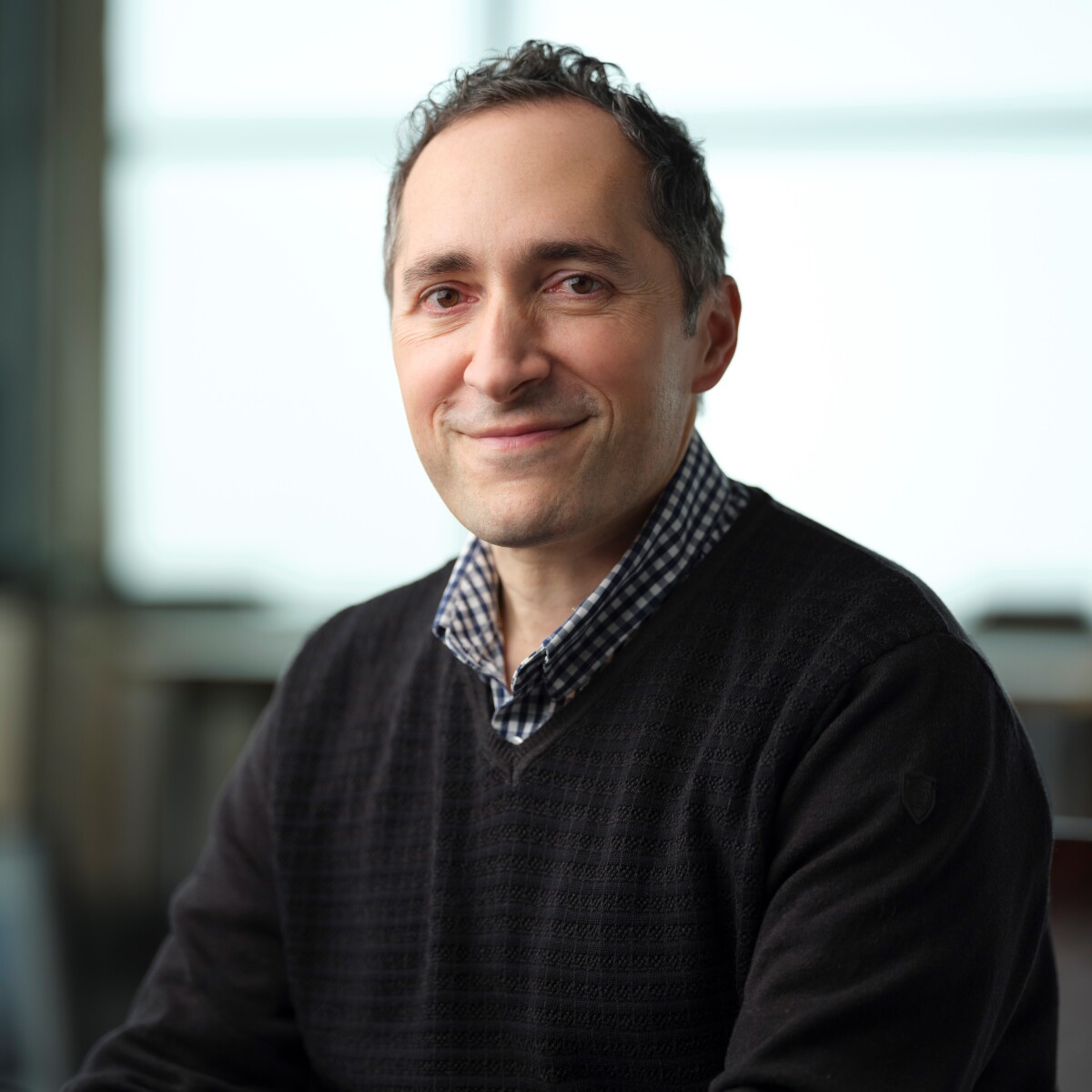
Prior to joining Amazon in 2014, Babak was with Google as a Distinguished Engineer and Director at Google [x] where he built Google Glass and founded the robotic surgery and the active contact lens programs.
Babak received his BA in Literature (University of Washington), BS in Electronics (Sharif University of Technology), MS in Physics and MS and PhD in Electrical Engineering (University of Michigan), and completed his postdoctoral fellowship in Chemistry and Chemical Biology at Harvard University. He has received numerous recognitions including NSF Career Award, MIT Technology Review 35, University of Michigan Bicentennial Alumni Award, Time magazine’s best invention of the year, and IEEE CAS Industrial Pioneer Award.
Simone Severini - Simone Severini is a Professor of Physics of Information at University College London and is the Director of Quantum Computing at AWS.

As Director, Simone contributed to grow the initiatives of AWS in Quantum Technologies, including the Amazon Braket service and the AWS Center for Quantum Computing in partnership with Caltech.
During his academic career, Simone served as a grant reviewer for EPSRC (UK), NSF (US), NSFC (China), European Commission, Research Council of Norway, National Science Center (Poland), Dutch Research Council, Israel Science Foundation, MITACS (Canada), NSERC (Computer Science Evaluation Group), The Royal Society (International Exchanges Committee).
Our inspiration
Building on the formulation of Maxwell’s equations in 1865, Heinrich Hertz demonstrated in 1888 that radio waves can be generated, transmitted, and detected in a laboratory setting. Though Hertz doubted this discovery would lead to any practical application, it provided the game-changing experimental results that inspired Guglielmo Marconi to develop a viable radio system, transmitting the first signals across the Atlantic Ocean in 1902.
It took fourteen years from an important experimental observation by Hertz until the radio became widespread. Now, we are interested in identifying key scientific findings since the year 2000 and working with big thinkers who can help foster their development into engineered products and services at a much faster pace. We aim to identify the modern-day equivalents of the Hertz experiment.

















